
Skills Assessments
Follow Sarah’s reskilling journey and discover the practical benefits of Skills Assessments for all players in the Rapid Skilling System. Then explore real-world examples and best practices around Skills Assessments.
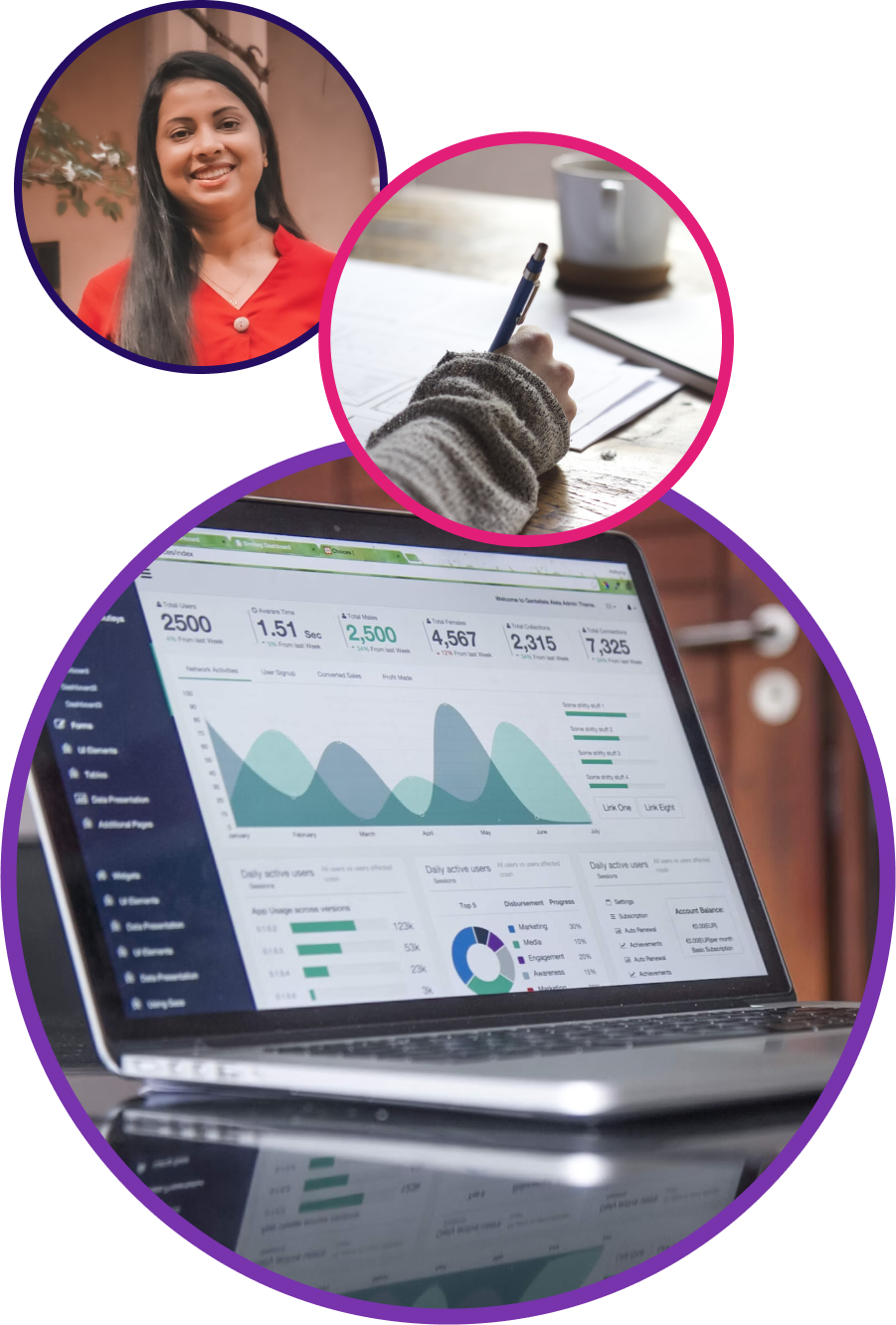
Step 2 of Sarah’s Journey
Getting a baseline
”Which skills are transferable and which ones do I need to learn?”
Unsure of how to evaluate whether she has the skills for a career in data analysis, Sarah finds guidance on an online forum where others were recommending taking a general skills assessment on online platforms.
Intrigued, she takes a comprehensive assessment covering key areas like statistical analysis and programming, but also interpersonal skills like communication. Her results offer a mix of encouragement and reality checks.
Her nursing background gives her a strong base in statistics and communication, but she lacks programming skills and experience with data visualization tools. Sarah now has a clearer understanding of where she is starting from.

What are Skills Assessments?
Evaluations of an individual’s proficiency, knowledge, and abilities related to the skills required for a specific job or field. A skill assessment may consist of tests, examinations, simulations, interviews, or demonstrations to assess an individual’s competency level or potential.
The benefits of Skills Assessments
For employment counselors:
By understanding the skills in demand, employment counselors can better bridge the gap between education/training and employment, ensuring their clients are prepared for the job market.
For employers:
Assessments can help employers identify skill gaps within their existing workforce, informing targeted training and development initiatives.
For job seekers:
Based on assessment outcomes, job seekers can pursue personalized learning pathways that align with their career goals and skill gaps, enhancing their employability.

Putting Skills Assessments in action
WHO: Employees and job seekers
ACTION: Assess digital skill levels but also interpersonal skills (sometimes called soft skills), which point to readiness to adopt digital skills.
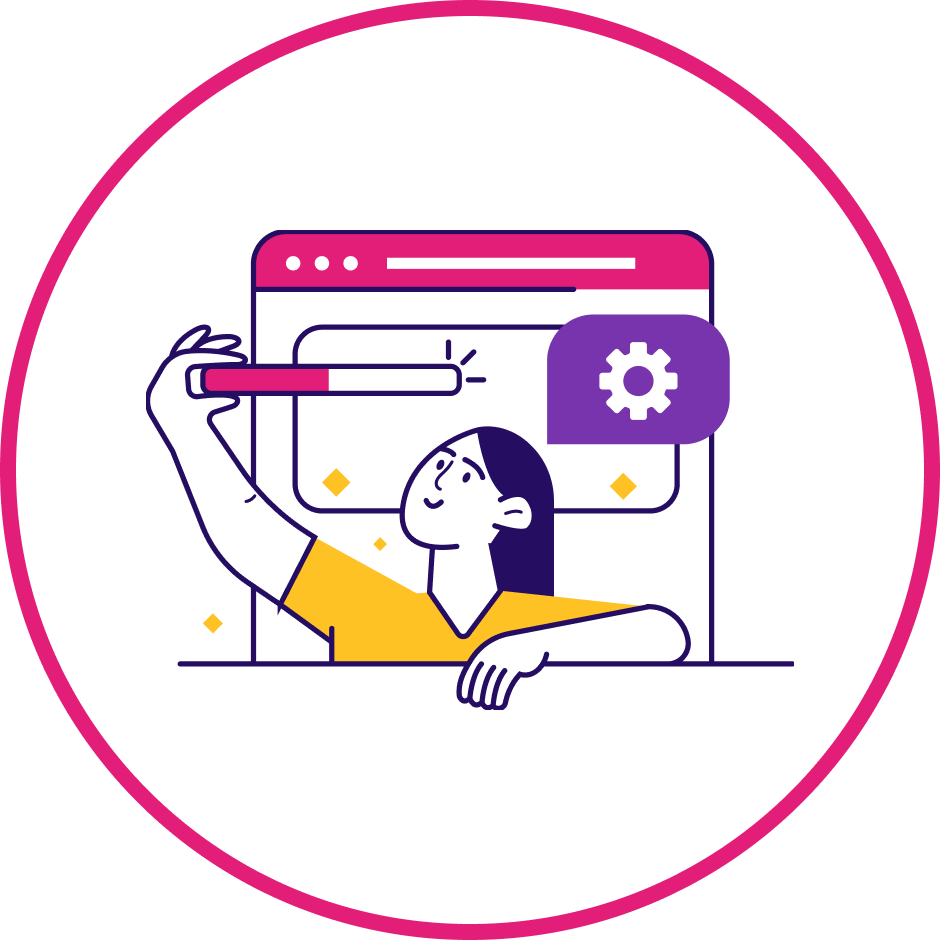
Innovation in Action
The Digital Skills Hub Assessment Tool
We have partnered with two assessment tool providers to create a comprehensive measurement of an individual’s skill level. One tool assesses technical skills; the other looks at employability skills (sometimes called soft skills), such as communication, motivation and initiative, as well as personal qualities and values that allow an individual to thrive in the workplace. This innovative partnership gives us two results and one complete picture. Check back for Impressive Results soon.
Best practices for Assessments
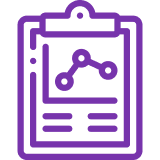
Gather data
Use diagnostic tools to identify participants’ backgrounds, goals, interests, skills and abilities.
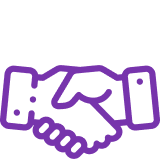
Provide encouragement
Be mindful to provide a supportive environment as some participants come with a lack of experience and confidence in their digital skills.
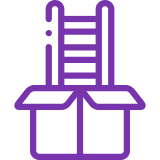
Establish a baseline
Take a flexible approach when designing and delivering training to help ensure appropriate starting points are established for each participant.
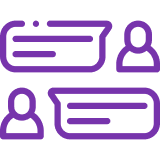
Get them involved
Where possible, involve participants in the instructional planning process to ensure programming meets their needs.
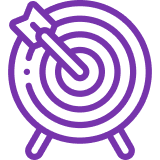
Tailor it to them
Incorporate participants’ prior experience, interests and intended career goals into course design to maximize relevance and engagement.
Other considerations
The need for a needs assessment
Conducting a needs assessment is a good first step in designing any training program, but especially for digital skills. That’s because participants in digital literacy courses tend to come from a variety of backgrounds and may have diverse learning needs (Delfino et al., 2008). A thorough needs assessment is important to address participants’ diverse needs, skills and abilities.
Life experience matters
Formal education often overlooks lived experiences that are critical to success. Skills for Success has measurement tools to formally recognize, document, and celebrate the transferable skills that learners may have developed in other contexts, such as community work, volunteering, and even travel and leisure. This process is called Prior Learning Assessment & Recognition (PLAR). Assessments such as a Prior Life Experiences Skills Portfolio can be an important resource to collect information and document those skills and experiences.
Define competencies first
An organization’s competencies are the knowledge, skills, abilities, and behaviors that contribute to individual and organizational performance. Defining these competencies must come first. When an organization knows which skills are needed to achieve its goals, then it can clearly pinpoint and address areas where skills are lacking.
Continue with the Rapid Skilling System Playbook
You just explored Element 02. Skills Assessments, where Sarah checked her current competencies against those needed in her new career. Next up: Element 03. Skills-Based Training, where Sarah fills the skill gaps identified by her assessment results.
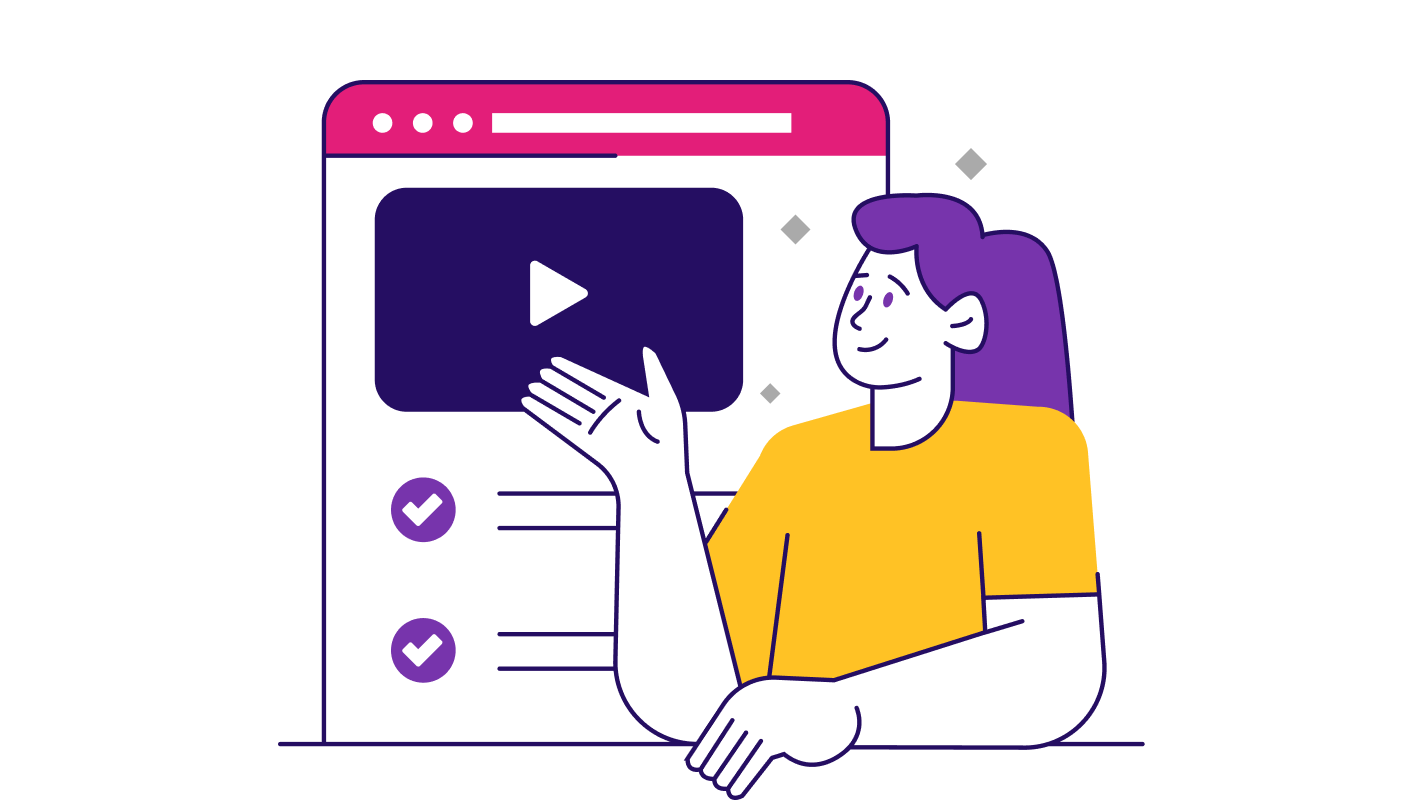
element 03
Skills-Based Training
Skill-based training accurately targets the evolving needs of industries, enabling individuals to continuously adapt and learn new skills required by a fast-changing work environment.